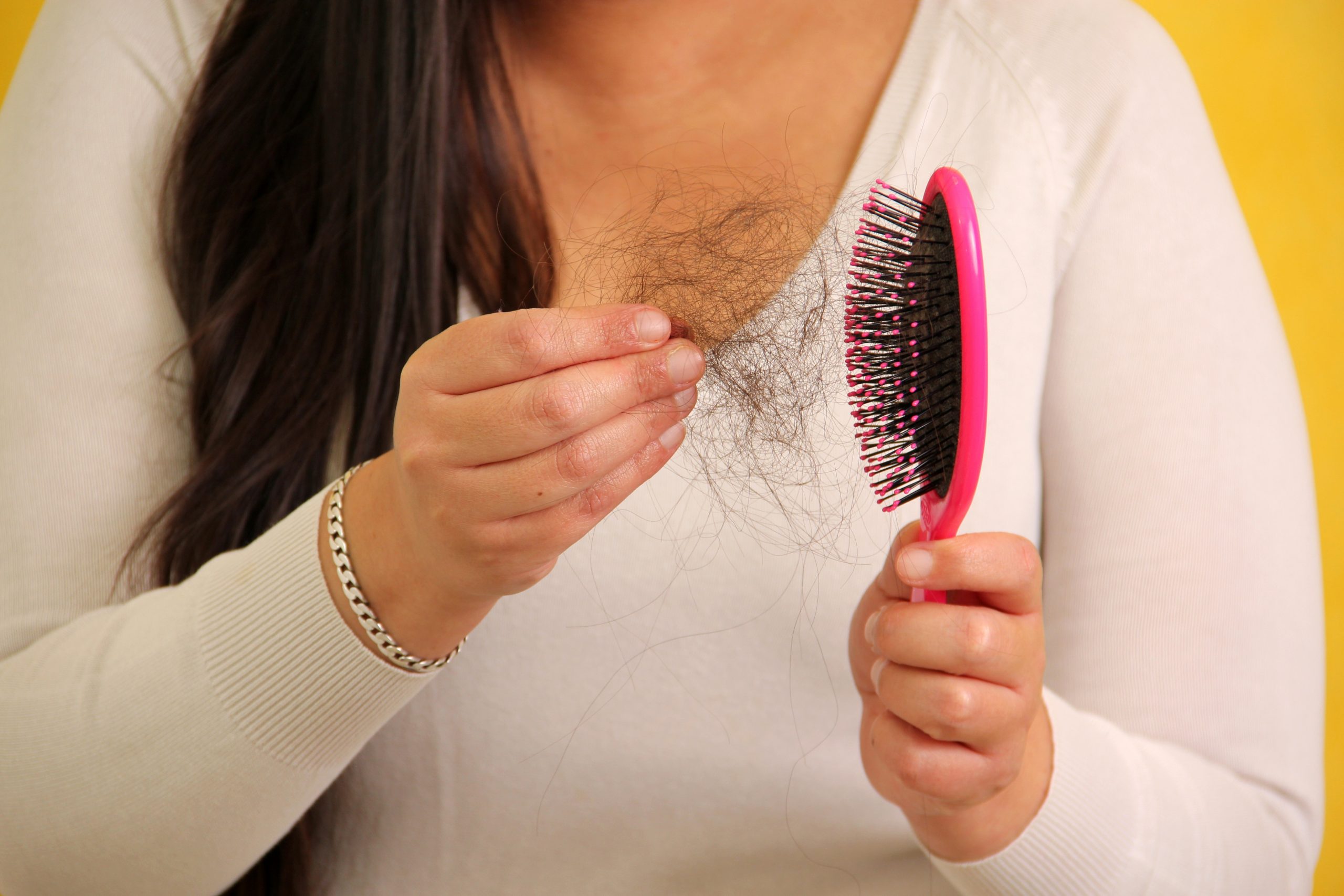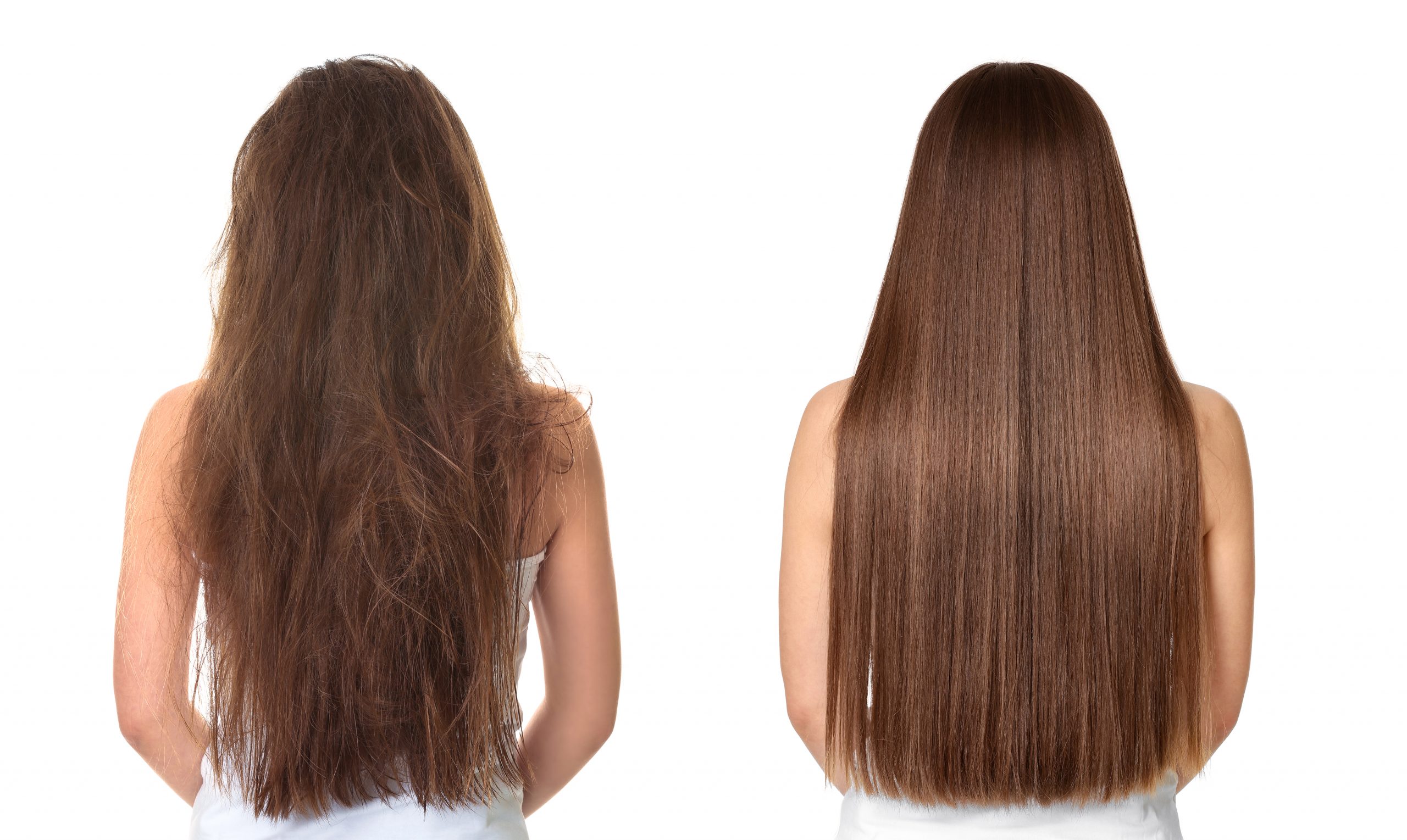Hair loss can be a distressing experience, impacting our self-esteem and confidence. While there are various causes of hair loss, one potential underlying factor to consider is thyroid disorders. The thyroid gland plays a crucial role in regulating metabolism, hormone production, and growth. When thyroid function is disrupted, it can affect the health of our hair follicles and lead to hair loss. In this article, we explore the connection between hair loss and thyroid disorders.
- Hypothyroidism and Hair Loss: Hypothyroidism, an underactive thyroid condition, occurs when the thyroid gland does not produce enough thyroid hormones. One common symptom of hypothyroidism is hair loss or thinning. The hair loss associated with hypothyroidism is usually diffuse and evenly spread across the scalp. It can be more noticeable during hair washing, brushing, or styling.
- Hyperthyroidism and Hair Loss: Hyperthyroidism, an overactive thyroid condition, occurs when the thyroid gland produces an excess of thyroid hormones. While hair loss is less common in hyperthyroidism compared to hypothyroidism, some individuals with hyperthyroidism may experience hair thinning or shedding. The hair loss in hyperthyroidism is also typically diffuse and not localized to specific areas.
- Telogen Effluvium: Both hypothyroidism and hyperthyroidism can trigger a condition called telogen effluvium, which leads to temporary hair shedding. Telogen effluvium occurs when a large number of hair follicles enter the resting phase (telogen) simultaneously, resulting in hair loss. It is often caused by a significant physical or emotional stressor, such as rapid weight loss, childbirth, surgery, or severe illness. Thyroid disorders can act as a trigger for telogen effluvium, leading to increased hair shedding.
- Autoimmune Conditions: Many thyroid disorders are caused by autoimmune conditions, such as Hashimoto’s thyroiditis (an autoimmune form of hypothyroidism) and Graves’ disease (an autoimmune form of hyperthyroidism). These autoimmune conditions can also affect the hair follicles, leading to hair loss. In addition to hair loss, individuals with autoimmune thyroid disorders may experience other symptoms like fatigue, weight changes, and changes in mood.
- Hormonal Imbalances: Thyroid disorders can disrupt the delicate balance of hormones in the body. Hormonal imbalances can contribute to hair loss, as hormones play a significant role in the hair growth cycle. The thyroid hormones, particularly thyroxine (T4) and triiodothyronine (T3), are essential for regulating hair growth and maintaining the hair follicles’ health. Any disruption in thyroid hormone levels can affect the hair growth cycle and result in hair loss.
- Reversibility with Treatment: The good news is that hair loss associated with thyroid disorders is often reversible with appropriate treatment. Once thyroid function is restored to normal through medication or other interventions, the hair growth cycle usually resumes, and hair loss diminishes over time. It’s important to consult with a healthcare professional to determine the underlying cause of hair loss and receive appropriate treatment for the thyroid disorder.
- Consultation and Diagnosis: If you are experiencing hair loss or other concerning symptoms, it’s crucial to consult with a healthcare professional. They can assess your symptoms, perform necessary tests, such as blood work to evaluate thyroid function, and make an accurate diagnosis. With a proper diagnosis, the appropriate treatment plan can be developed to address the underlying thyroid disorder and manage hair loss.
- Other Causes of Hair Loss: While thyroid disorders can contribute to hair loss, it’s important to note that there are other potential causes as well. Factors such as genetics,





